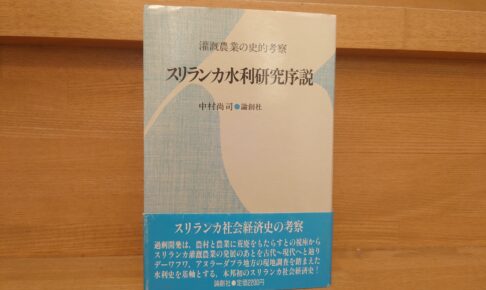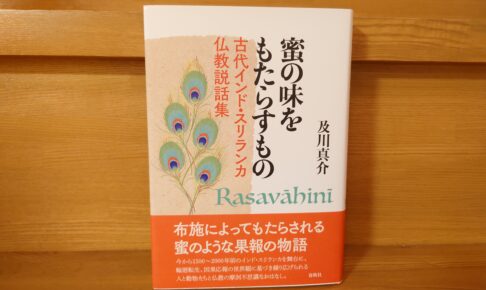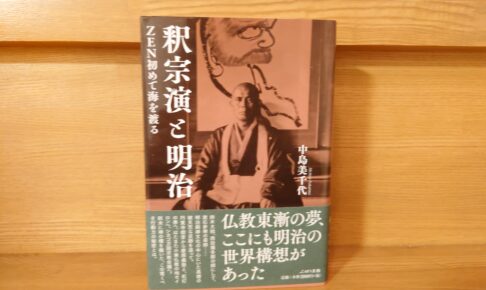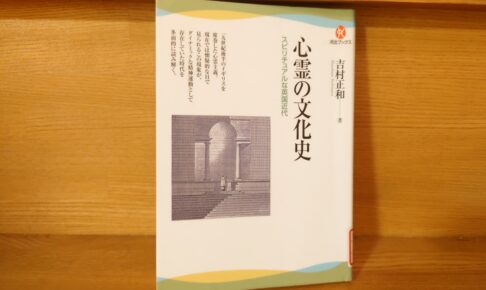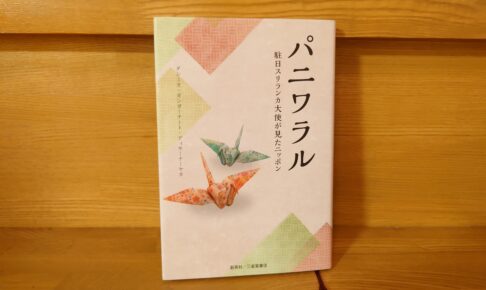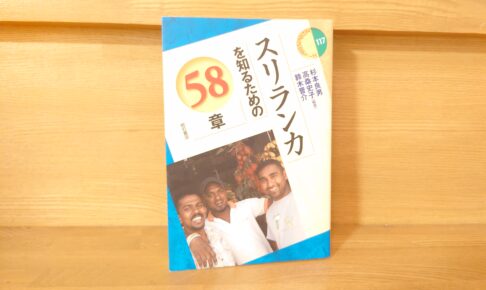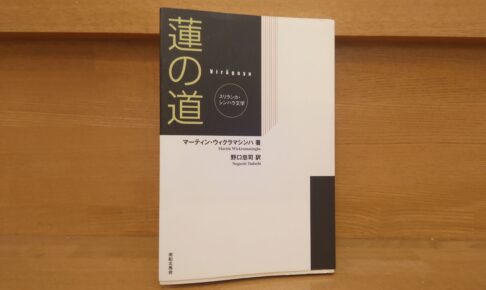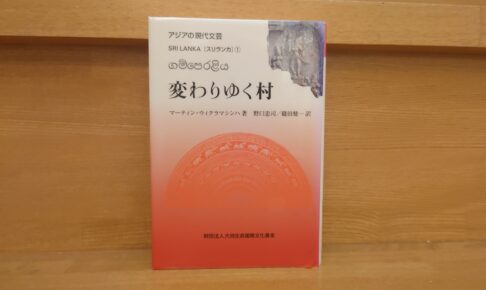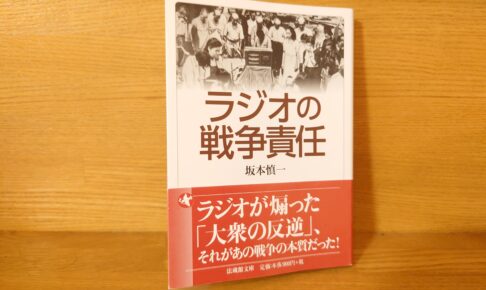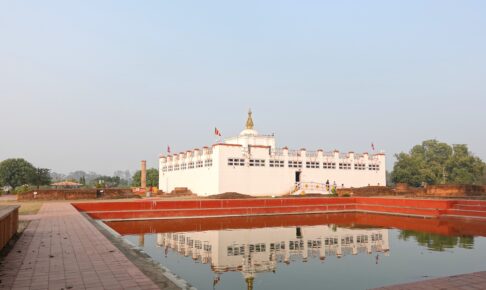Naoshi Nakamura, "Introduction to Sri Lankan Water Conservation Research" - Sri Lanka as seen through irrigated agriculture. Recommended to learn about the history of advanced flood control that flourished in ancient times.
This book, "Introduction to the Study of Water Use in Sri Lanka - A Historical Study of Irrigated Agriculture," is, as the title suggests, a work that allows the reader to learn about the history of irrigated agriculture in Sri Lanka.
Sri Lanka has had advanced flood control technology for about 2,000 years, and its irrigated agriculture has been of vital importance to the nation's management.
Where there is technology, there is kingship. Where there is a kingdom, there is a religion." Advanced technology and the state that administers it are inseparable, and religion, which guarantees the legitimacy of that authority, is also involved.
So far I have been looking at Sri Lanka from a religious and political perspective, but in this book I will be looking at Sri Lanka from the angle of irrigated agriculture. I found this book very stimulating to see Sri Lanka from a different perspective.












